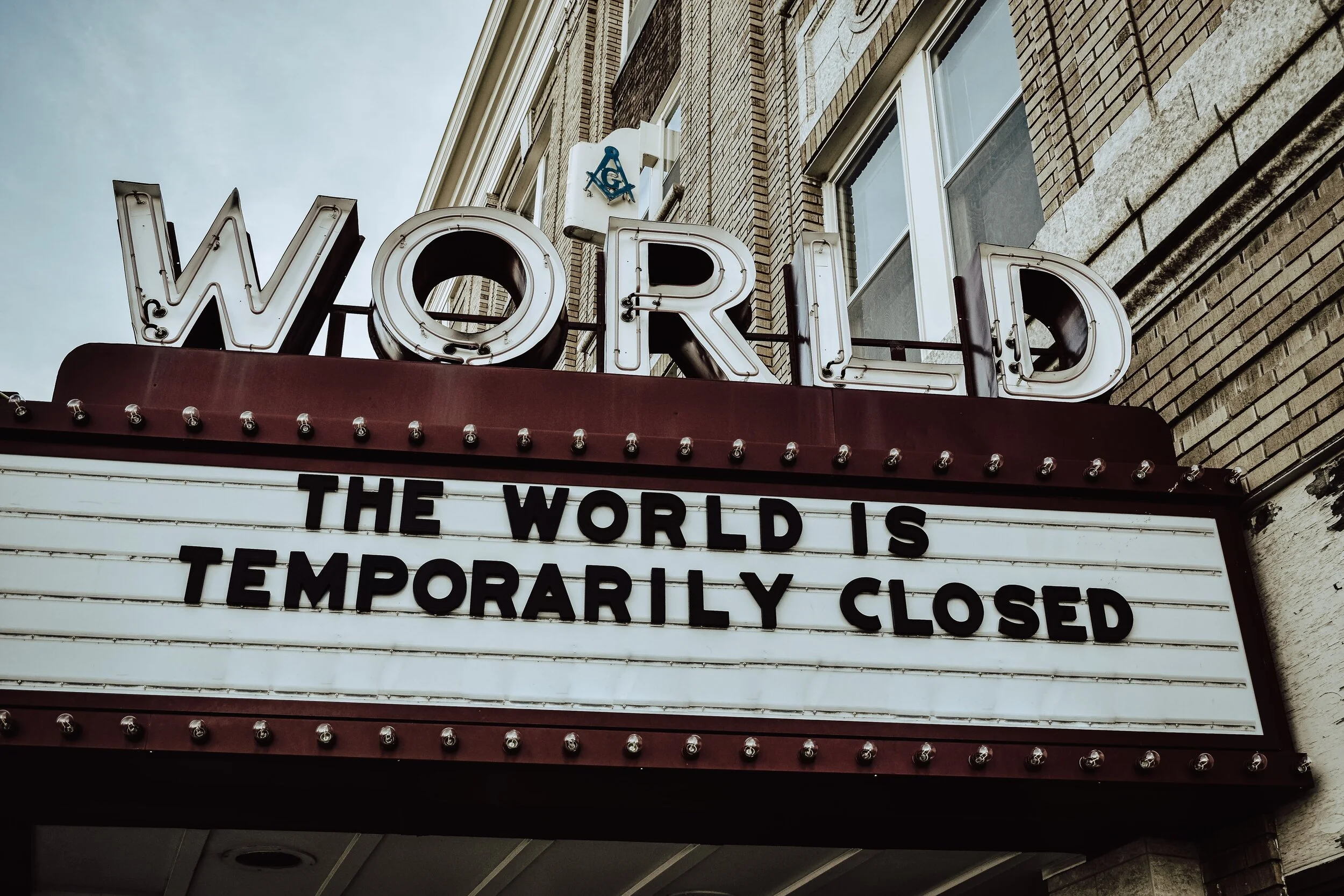Are Your New Year's Resolutions Detrimental To Your Mental Health?
Every year, as the clock strikes midnight (okay, maybe after a few hours sleep), many of us look to a list of resolutions that we’ve made for the New Year that we believe will do us good and make us better people. From there, we make every effort imaginable to make those resolutions become new habits and real changes in our lives… at least for a few weeks, anyway. 60% of us make New Year’s resolutions, but only eight percent of us actually achieve them. You might not really be surprised, and you might wonder what happened to the other 52%. But maybe if we shift our focus to the nature of some of our resolutions and the kind of response we’re expecting from ourselves, things might be a bit clearer.
According to a survey, the top three of the top ten New Year’s resolutions for 2019 were as follows:
Diet/eat healthier (71% of people surveyed)
Exercise more (65% of people surveyed)
Lose weight (54% of people surveyed)
The magnitude of impact that diet culture has on us at the beginning of every new year is worrying, and it’s even more concerning when our weight loss efforts fail and people are left feeling depleted and unworthy. So with these top resolutions in mind, are the most popular of resolutions doing us the most damage?
When we think about the promises we want to make and the goals we want to set for ourselves at the beginning of the year, so many people go into them full-force. For those who have made their resolution to diet and lose weight, it’s pretty common for their eating habits to go from one extreme to the other. The same can be said for people who vouch to exercise more, going from a sedentary lifestyle to daily gym visits practically overnight. And yes, in theory, it may sound great (if diet culture is your cuppa tea, that is) and it may look like you’re all of a sudden embarking on this wonderful journey of treadmills and baby spinach, but what does your body have to say about it all?
The same survey also showed that over half of people fail their resolutions by January 31st. Looking at the influx of dieters and gym-goers in that month, I can’t say it’s any wonder — because everyone is bloody knackered! The dieters are restricting their intake and resisting their cravings, meaning that their body is doing everything it can to make their diet harder, and the newfound gym bunnies have exhausted every part of their body by shocking the system into moving so much. And if your own body isn’t even working in your resolution’s favour, then you can understand why so many people are ready to hang up their low-cal, HIIT hat by the end of the first month.
So now what? Your body is doing its best after you scared it senseless and is trying to get back to normal again (and that can take time if you’re prone to yoyo dieting), and your muscles are gradually catching up and calming down after your month of intense exercise. Physically, you’re recovering (that is, if you didn’t sprain your ankle on your morning run or put your back out in Advanced Pilates), but what happens on the inside?
One of the reasons that our New Year’s resolutions can cause us so much hardship mentally stems back to the realistic aspect of the goals that we’re setting for ourselves. By choosing to make these diet and weight loss related resolutions, are we setting ourselves up for failure before we’ve even started by making unattainable goals? For example, if you make a resolution to lose weight, and you don’t succeed, it immediately becomes more than just simply not losing weight, or staying in the body that you had in the first place. People can then become fixated on the idea of failing at their resolution, which in itself can cause all kinds of negative mental effects. From feeling hopeless and demoralised, the psychological impacts of failure can include anxiety (both conscious and unconscious) and a general fear of failure, regardless of what future goal they strive for. Plus, it’s often worsened because we go into a new year with more gusto and determination than any other time of the year; getting so revved up over our new goals can make it much more painful when you come face to face with failure.
Beyond what psychological problems the failure itself can cause, it’s important to look at how the nature of these popular resolutions can muck up your mental health, too. Failed or not — these kinds of resolutions cause all sorts of damage, often encouraging disordered eating, exercise addictions and more. Whether this comes from the rigorous routines and meal plans that you put yourself through, or from the triggers that can come from the physical act of losing weight (like body dysmorphia), the damage can become so deep-rooted in such a quick time that before you know it, a simple resolution you perhaps wrote on a piece of paper or on the Notes app in your phone has taken over your life in a way you didn’t see coming. Regardless of the severity, resolutions that revolve around food and exercise can mess up your body’s normal and fully functional relationships with eating and movement, and can last long-term, if not for life.
So when you’re sat thinking about the resolutions that you’ve put in place for 2019, ask yourself whether they’re as good for your health (physical, mental, and emotional) as they seem on paper, or whether you’re better off opting for something else and giving them a miss.








